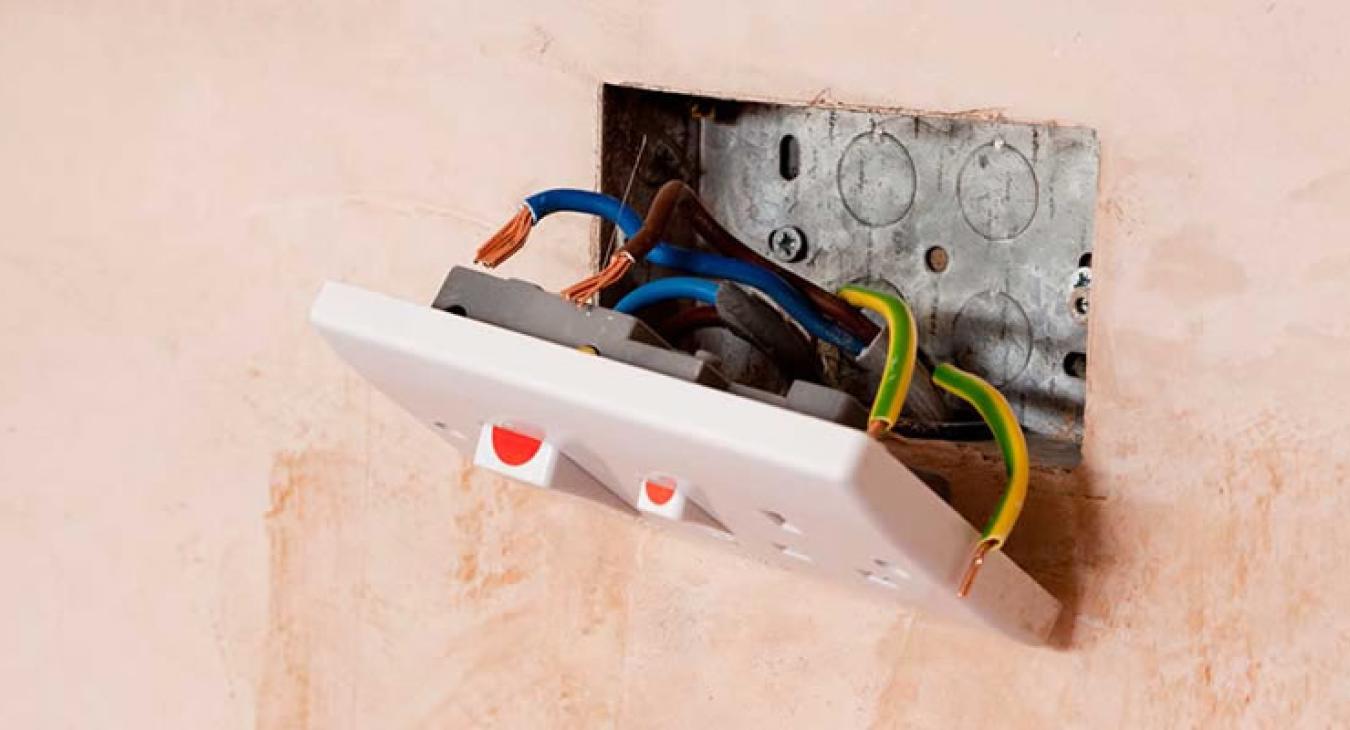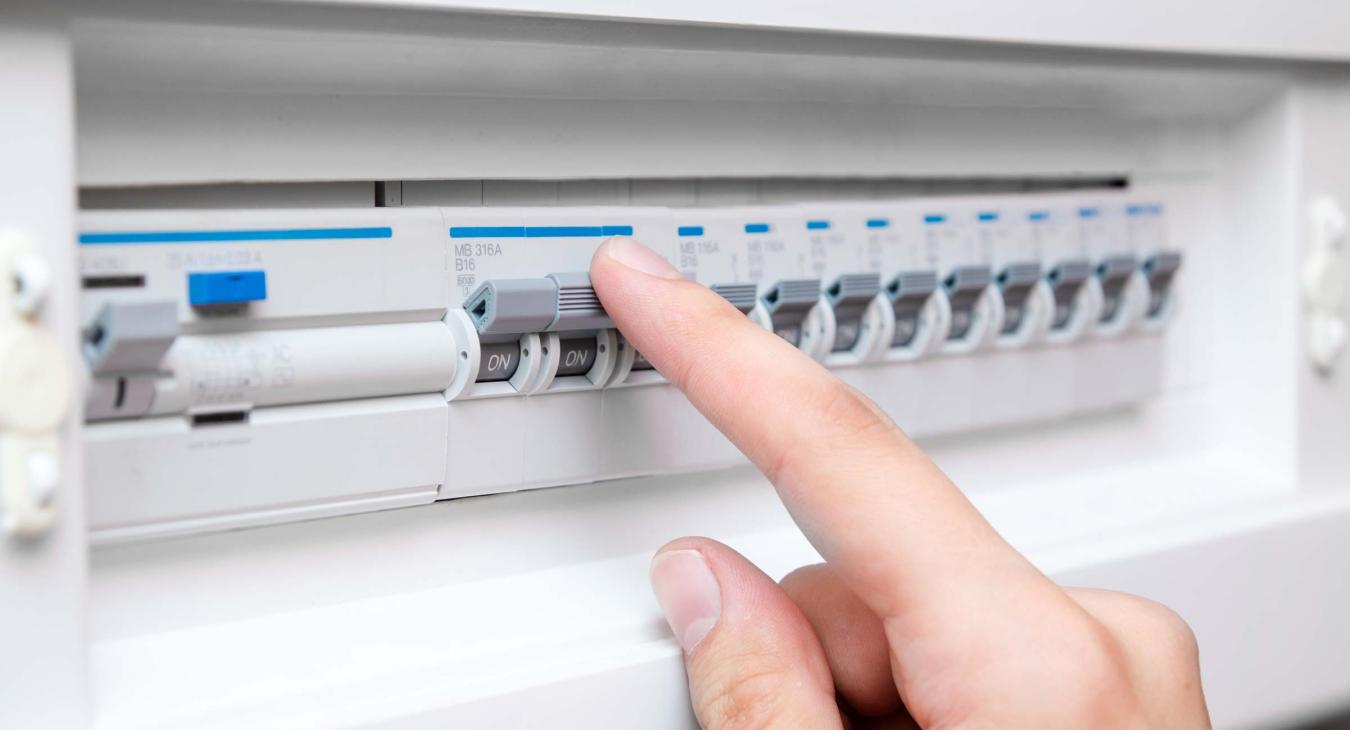
Transitioning from a petrol or diesel vehicle to an electric vehicle (EV) can lead to substantial monthly savings. By examining the cost differences and considering real-life examples, you can better understand the financial benefits of making the switch.
Understanding the Cost Differences Between Petrol, Diesel, and Electric Vehicles
The primary areas where EVs offer cost advantages over traditional internal combustion engine vehicles include fuel expenses, maintenance costs, and potential tax benefits.
Fuel Costs: Petrol & Diesel vs. Electricity
Fuel costs constitute a significant portion of vehicle expenses. Charging an EV at home is generally more economical than refuelling a petrol or diesel car. For instance, charging a typical 60kWh electric car with approximately a 200-mile range costs about £13 for a full charge at home. In contrast, filling a petrol or diesel car to achieve a similar range can be considerably more expensive, depending on fuel prices and vehicle efficiency.
In the UK, the average petrol price is approximately 136.6p per litre, with diesel often being even more expensive. Considering an average fuel efficiency of 36 miles per gallon, driving 1,000 miles would cost around £172 for petrol and even more for diesel. Conversely, an electric vehicle consuming 3.5 miles per kilowatt-hour (kWh) would require approximately 286 kWh to cover the same distance. At an average electricity rate of 30p per kWh, this equates to about £86 in electricity costs, resulting in a significant saving.
Real-Life Savings: A Customer’s Experience
Consider the experience of one of our customers from Lytham, St Annes who transitioned from a petrol-powered Volkswagen Tiguan to an electric vehicle. Previously, they spent approximately £170 per month on petrol. After switching to an EV and charging at home, their monthly charging costs averaged around £35. This change resulted in a monthly saving of £135—a total of £1,620 per year.
It’s noteworthy that these savings were achieved without switching to a renewable energy tariff, which could potentially offer even greater reductions. Had they moved to an EV-friendly electricity tariff or installed solar panels, their costs could have been even lower.
Additional Financial Benefits of EV Ownership
Beyond fuel savings, EV owners may benefit from:
- Reduced Maintenance Costs: Electric vehicles have fewer moving parts than traditional cars, leading to lower maintenance and repair expenses. There’s no need for oil changes, exhaust repairs, or clutch replacements, significantly cutting long-term costs.
- Tax Incentives: Depending on your location, you may be eligible for tax credits or grants when purchasing an EV or installing a home charging point.
- Lower Road Tax: In the UK, electric vehicles currently benefit from lower road tax rates compared to petrol or diesel cars, with full EVs paying zero road tax until at least 2025.
- Company Car Savings: If you use a company car, EVs come with lower Benefit-in-Kind (BIK) tax rates, making them an attractive option for businesses and employees.
Factors Influencing Your Savings
Your actual savings will depend on various factors, including:
- Electricity Tariffs: Utilising off-peak or EV-specific tariffs can further reduce charging costs. Many providers offer cheaper rates for charging at night.
- Driving Habits: Your average mileage and driving style can impact energy consumption and savings.
- Vehicle Efficiency: Different EV models offer varying efficiencies, affecting running costs. Some premium EVs may use more energy per mile than smaller, more efficient models.
The Environmental Impact of Switching to an EV
Beyond financial savings, transitioning to an electric vehicle contributes positively to the environment. EVs produce zero tailpipe emissions, reducing air pollution in urban areas such as Blackpool, Thornton-Cleveleys, Poulton-le-Fylde, Lytham, and St Annes. By decreasing greenhouse gas emissions, EV owners play a crucial role in combating climate change and promoting cleaner air in their communities.
Charging Infrastructure in Your Area
Residents of Blackpool and the surrounding areas have access to an expanding network of public charging stations, making it increasingly convenient to own and operate an electric vehicle. Many local councils are investing in EV infrastructure, ensuring that charging points are readily available in public car parks, shopping centres, and key locations.
While public charging is an option, home charging remains the most cost-effective and convenient solution. By installing a home EV charger, you can charge overnight at cheaper rates, ensuring your car is always ready to go.
Take the Next Step Towards Savings
If you’re considering making the switch to an electric vehicle and want to understand the potential savings specific to your situation, our team at West Coast Electrical is here to assist. We offer professional EV charger installation services tailored to your needs in Blackpool, Thornton-Cleveleys, Poulton-le-Fylde, Lytham, St Annes, and surrounding areas.
Get your home EV charger installed today!
Note: The above example is based on a specific customer’s experience. Individual savings may vary based on personal circumstances and market conditions.














